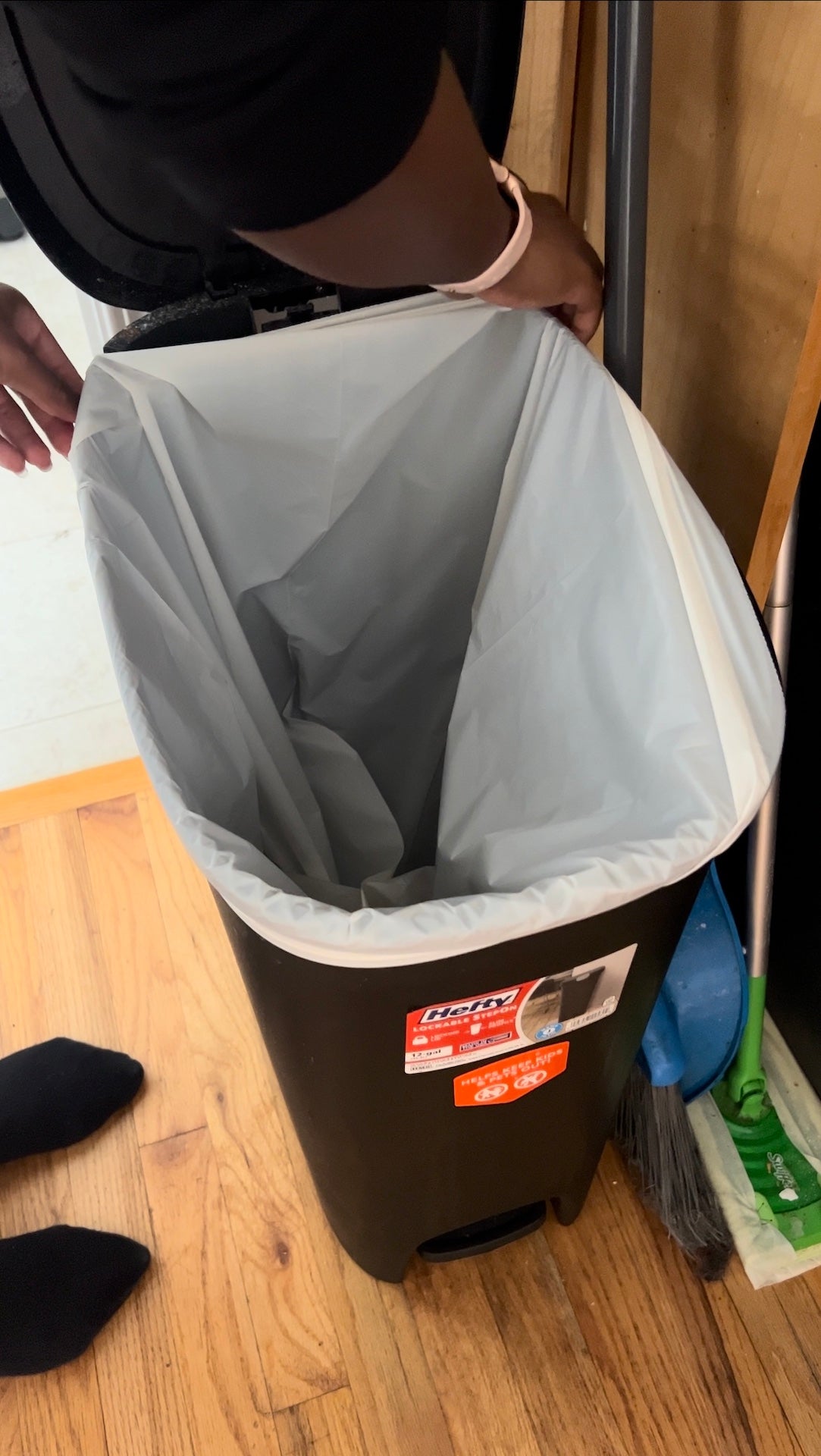Did you know that the thickness of your trash bag plays a crucial role in its performance? Whether you're a homeowner, a renter, or someone who simply wants to ensure their trash is handled properly, it's essential to understand the different aspects of trash bag thickness.
In this article, we'll dive into the world of trash bag thickness, helping you make informed decisions when purchasing the right trash bags for your needs.
Mil and Microns: The Units of Measurement
To understand trash bag thickness, you first need to familiarize yourself with the units of measurement used: mil and microns. A mil is short for "one-thousandth of an inch" and is the most commonly used unit of measurement for trash bags in the United States.
One mil is equal to 25.4 microns. Microns, on the other hand, are a metric unit of measurement, with one micron being equal to one millionth of a meter.
Trash Bag Thickness: The Basics
Trash bags generally come in various thicknesses, ranging from 0.7 to 6 mils. The thinner ones, usually measuring between 0.7 and 1.5 mils, are ideal for light-duty tasks like collecting waste from offices or bathrooms.
However, these bags are more prone to tearing or puncturing when used for heavy or sharp objects. On the other hand, thicker bags, ranging from 1.5 to 6 mils, are designed for heavy-duty tasks and can handle more weight without breaking. These bags are perfect for use in kitchens, garages, or outdoors where they might encounter sharp or heavy objects.
But why does thickness matter? The thickness of a trash bag directly impacts its strength, durability, and ability to withstand punctures and tears. Thicker bags are less likely to tear, puncture, or leak, making them ideal for situations where reliability is key.
Choosing the Right Trash Bag Thickness
When selecting the right trash bag for your needs, it's essential to consider the following factors:
1. Type of Waste
Consider the type of waste you'll dispose of in the trash bag. If you're dealing with sharp objects such as broken glass or heavy items, you'll want to choose a thicker bag to prevent punctures and tears.
On the other hand, if you're primarily disposing of lightweight materials like paper or tissues, a thinner bag may suffice.
2. Weight Capacity
Remember that the thickness of a trash bag directly impacts its weight capacity. A thicker bag can handle more weight without breaking, while a thinner bag may struggle to hold heavy loads. Be sure to consider the weight of the waste you'll dispose of when choosing a trash bag.
3. Environment
Where will you be using the trash bag? In general, outdoor environments call for thicker, more durable bags, while indoor settings may only require thinner bags.
For example, if you're using the trash bag for yard waste, you'll want a thicker bag that can withstand the elements and hold heavy items like branches and leaves.
4. Cost
Thicker trash bags tend to be more expensive than thinner ones due to the increased material used in their production. However, balancing cost with the bag's reliability and performance is essential.
A cheaper, thinner bag may cost you more in the long run if it frequently leaks, requiring you to use additional bags or clean up messes.
5. Bag Size
Keep in mind that larger trash bags may require a thicker material to accommodate the increased volume of waste. For example, a 33-gallon trash bag may need to be thicker than a 13 gallon trash bag to hold the same weight without breaking.
Conclusion
It is essential to comprehend the thickness of trash bags to make knowledgeable choices when buying suitable garbage bags for your requirements.
Taking into account aspects like the kind of waste, weight limit, surroundings, price, and bag dimensions, you can pick the right thickness for your particular case.
Remember that choosing a thicker, sturdier trash bag can save you time, energy, and money by avoiding leaks, punctures, and rips.
Plastno is the no plastic company making compostable trash bags for your home that are safe for the planet. You’re in the right place if you’re looking for compostable garbage bags!






Share:
Simple Tricks to Effortlessly Place a Trash Bag in Your Bin
Exploring Eco-Friendly Compostable Trash Bag Options